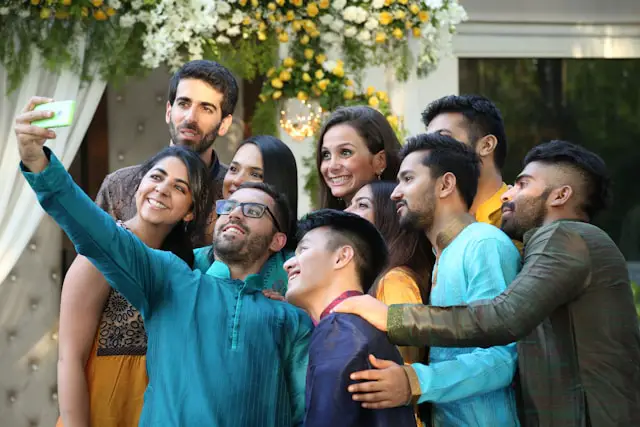
Prejudice, an unjustified or incorrect attitude towards individuals based solely on their membership in a particular group, is a pervasive issue across societies.
While personal experiences and individual psychology play roles in the formation of prejudices, culture significantly shapes and perpetuates these biases.
Understanding how cultural narratives, stereotypes, and media influence contribute to prejudice is essential for fostering a more inclusive and equitable society.
The Psychology of Cultural Prejudice
Cultural prejudice develops when societies pass down biases and stereotypes over time, shaping the way people think and behave.
These prejudices aren’t something we’re born with—they’re learned through everyday interactions, media, and traditions.
From a young age, people absorb the beliefs and attitudes of those around them, often without realizing it.
This makes cultural biases deeply rooted and difficult to change, as they become part of how we view the world.
However, by recognizing these learned prejudices, we can start to challenge and unlearn them, fostering a more open and accepting society.

The Impact of Cultural Narratives and Stereotypes
Stereotypes as mental shortcuts
Stereotypes help people process information quickly by categorizing others based on group identity.
While this can make social interactions easier, it often leads to oversimplifications and false assumptions.
Studies show that biases like sexism and ageism exist across many cultures, often influenced by societal power structures and close relationships between different groups.
Cultural myths and historical narratives
Stories passed down through generations shape how societies view themselves and others.
These narratives often emphasize the strengths of one’s own group while portraying outsiders in a negative light.
Such perspectives can reinforce social hierarchies and justify discrimination.
For example, people may explain racial inequalities in different ways—some blaming systemic barriers, while others falsely attribute disparities to the affected groups themselves.
Media influence
The media plays a huge role in spreading and reinforcing stereotypes.
Movies, news, and advertisements can shape public opinion, influencing how people see different racial, gender, and cultural groups.
Research shows that negative portrayals in the media can impact self-esteem and identity, especially among marginalized communities.

Addressing Culturally Shaped Prejudice (Solutions & Strategies)
Education and awareness
Educational initiatives that promote critical thinking and media literacy can help individuals recognize and challenge internalized stereotypes.
By understanding the origins and functions of cultural narratives, people can question their validity and reduce their influence on personal beliefs.
Intergroup contact
Spending time with people from different backgrounds helps break down stereotypes and build empathy.
When individuals interact directly, they see each other as real people rather than as labels or assumptions, making it easier to challenge preconceived notions.
Promoting cultural understanding
Encouraging the exploration and appreciation of diverse cultures can counteract the fear of the unknown that often underlies prejudice.
This can be achieved through cultural exchange programs, inclusive curricula, and community events that celebrate diversity.
Challenging media representations
The media plays a powerful role in shaping public perception.
Learning to analyze and question media portrayals helps people spot biased representations.
Studies show that media literacy programs can reduce racial and ethnic prejudice by making individuals more aware of how stereotypes are created and spread.
Individual responsibility
Reducing prejudice starts on an individual level.
This means reflecting on personal biases, actively seeking diverse perspectives, and being open to difficult but necessary conversations.
Holding ourselves accountable for our thoughts and actions is key to creating a more inclusive society.

Final Thoughts
Culture profoundly influences the development and perpetuation of prejudice through narratives, stereotypes, and media representations.
By acknowledging these influences and implementing strategies to address them, individuals and societies can work towards reducing biases and fostering inclusivity.
It requires a collective effort to challenge ingrained prejudices and promote a culture of empathy and understanding.


